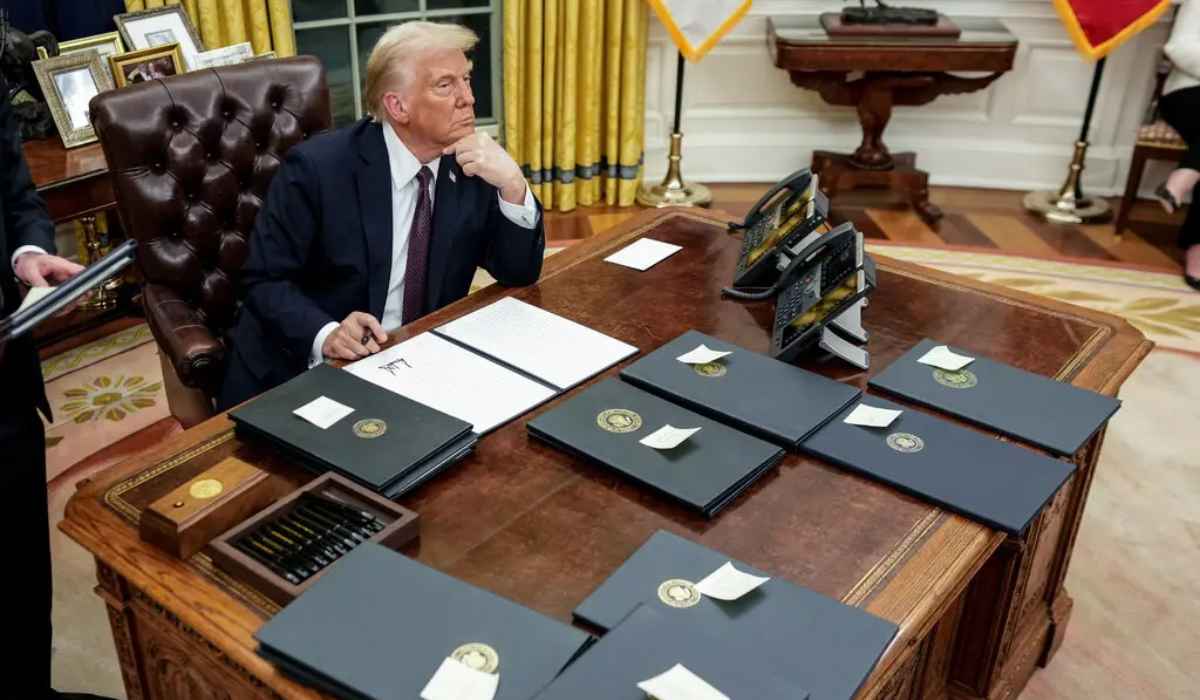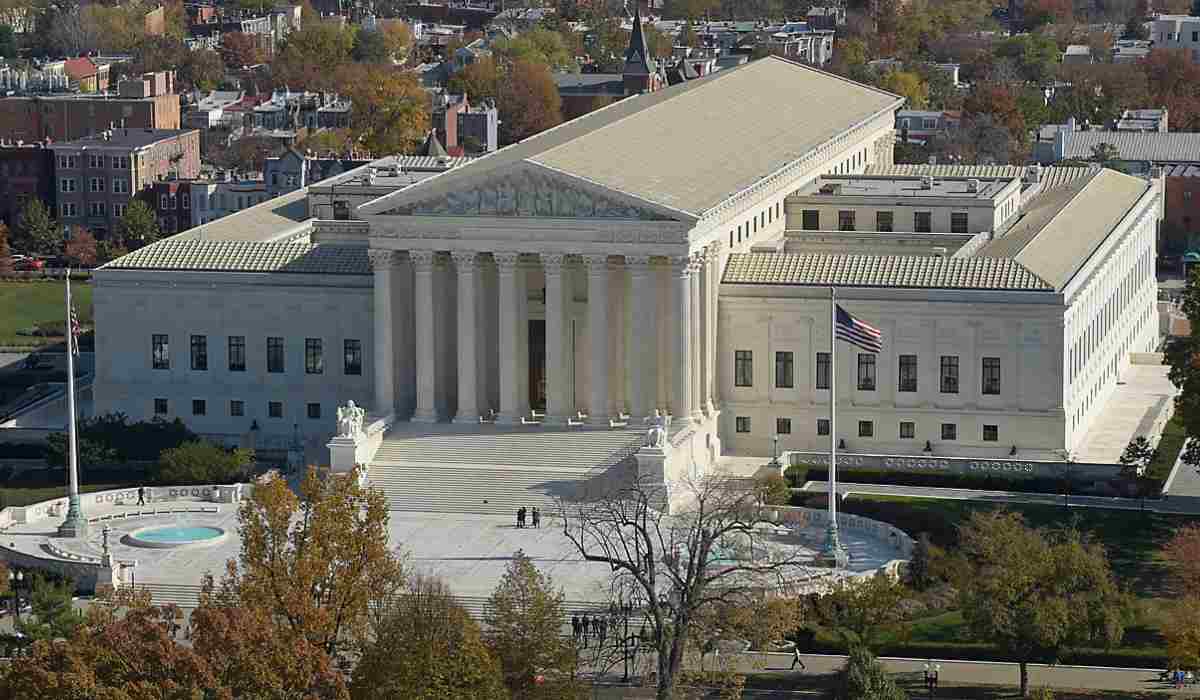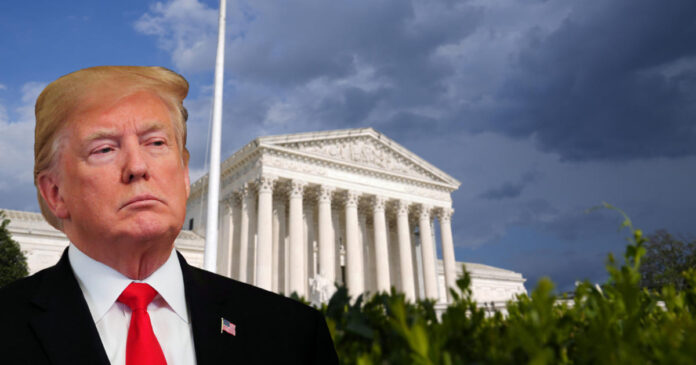The Supreme Court’s has decided to pause the enforcement of Donald Trump’s controversial executive order after his order of restriction on birthright citizenship. As this is not just a legal move — it’s a moment of reckoning for the soul of the Constitution. At stake is the 14th Amendment, a cornerstone of American identity. But today the question is: Is it the same amendment that we know about since a century. Does the rule “if you’re born here, you belong here” holds any value anymore?
Trump’s Challenge to a Core American Principle
Trump’s January 2025 executive order was bold, blunt and as expected. It declared that children born in the U.S. to undocumented immigrants or temporary visa holders would no longer receive automatic citizenship. The rationale? That “subject to the jurisdiction thereof” in the 14th Amendment doesn’t include everyone born on U.S. soil.
Read More: How do Tariffs Work, and How They Affect the Global Economy
The administration claims this is about fixing a broken immigration system. But critics — and there are many, from civil rights groups to constitutional scholars — see it as a cynical move designed to reshape the very fabric of who gets to be called American. And they’re right to be concerned. This is not a debate over policy: it’s a battle over national identity.

The Courts, At Least for Now, are Doing their Job
Federal judges across the country didn’t hesitate to shut this down. They cited more than a century of precedent, especially United States v. Wong Kim Ark (1898), where the Supreme Court ruled that birthright citizenship applies even to children of immigrants. That decision has never been overturned — because it’s based on clear constitutional language and basic human decency.
The 9th Circuit echoed this, saying the Trump administration hadn’t made any compelling argument to change such a long-standing rule. Translation: this order is built on sand.

The Supreme Court has the Final Say
Now, the case heads to the Supreme Court on May 15, and here’s where things get dicey. With a conservative majority, there’s a very real possibility the Court could twist the meaning of “subject to the jurisdiction thereof” to justify excluding entire groups of people. That wouldn’t just be a bad ruling — it would be a seismic shift in how we define citizenship.
And make no mistake: if this order is upheld, it won’t stop here. If the government can deny citizenship to someone born here today, what’s to stop it from narrowing the definition even further tomorrow?
This is More than About a Policy: it’s About Identity.
Trump’s executive order is trying to do something far more insidious than “tighten immigration laws.” It’s trying to divide Americans into categories — the deserving and the undeserving, the “real” citizens and everyone else. It’s the kind of move that chips away at democracy, not with a bang, but with a legal brief.
If you’re born here, you should belong here. Full stop. That’s not just constitutional — it’s fundamentally American. Anything less is a betrayal of everything this country claims to stand for.
What Happens Next?
The Supreme Court will hear arguments on May 15. All eyes will be on the justices — particularly the conservative majority — to see whether they will uphold precedent or side with a more radical reinterpretation of the Constitution. This isn’t just a legal test. It’s a moral one. Will the Court reaffirm the principles that have guided America since Reconstruction? Or will it help dismantle one of the clearest promises the Constitution makes?
History is watching. So are millions of Americans whose futures depend on what happens next.
Stay tuned to Brandsynario for the latest news and updates.












































